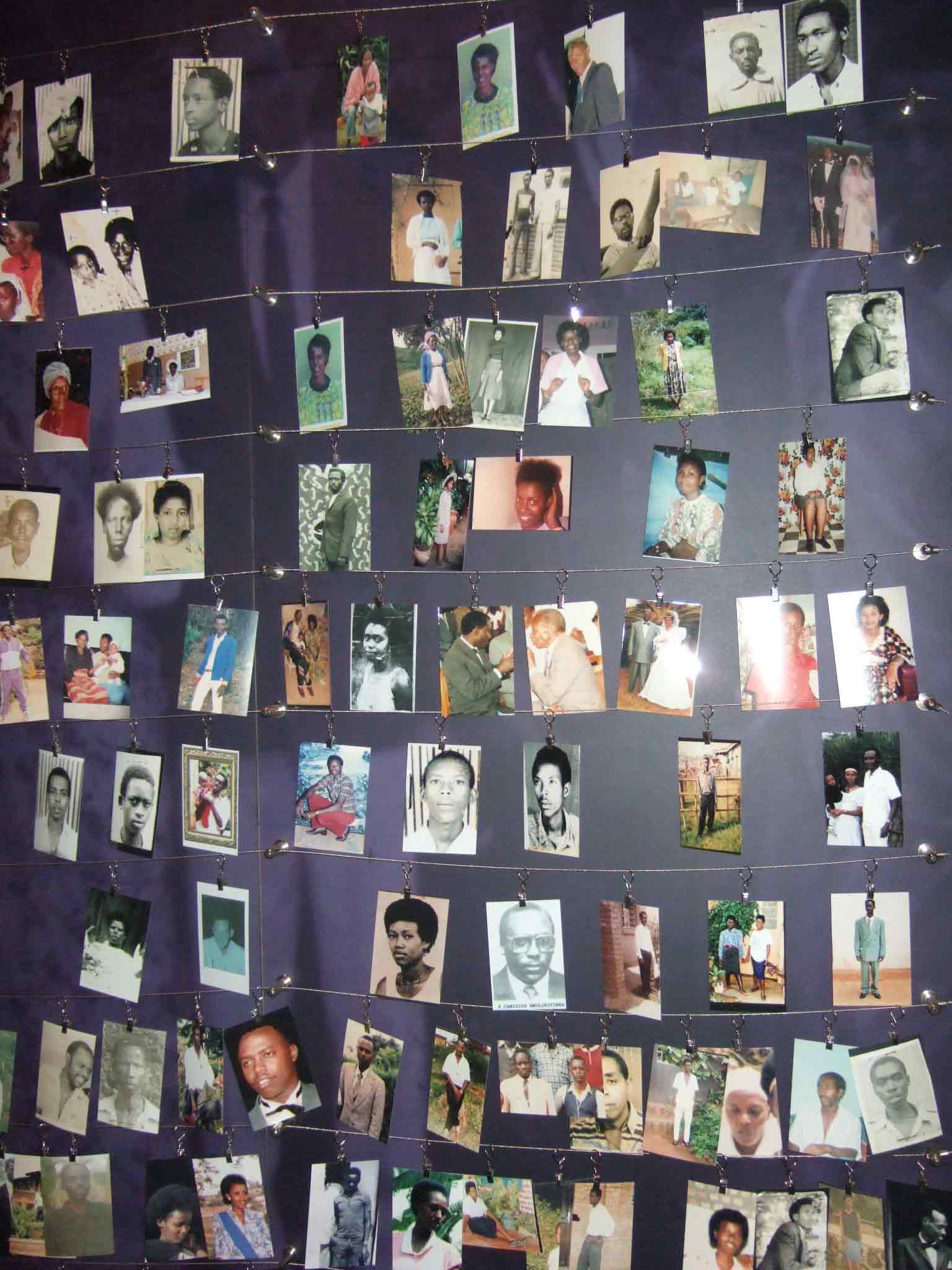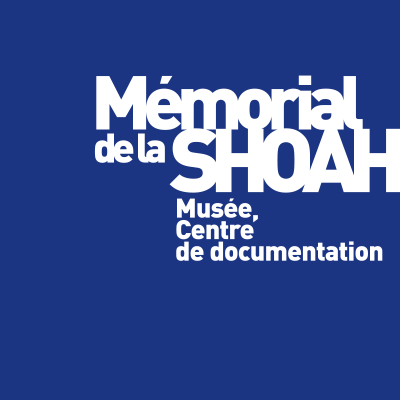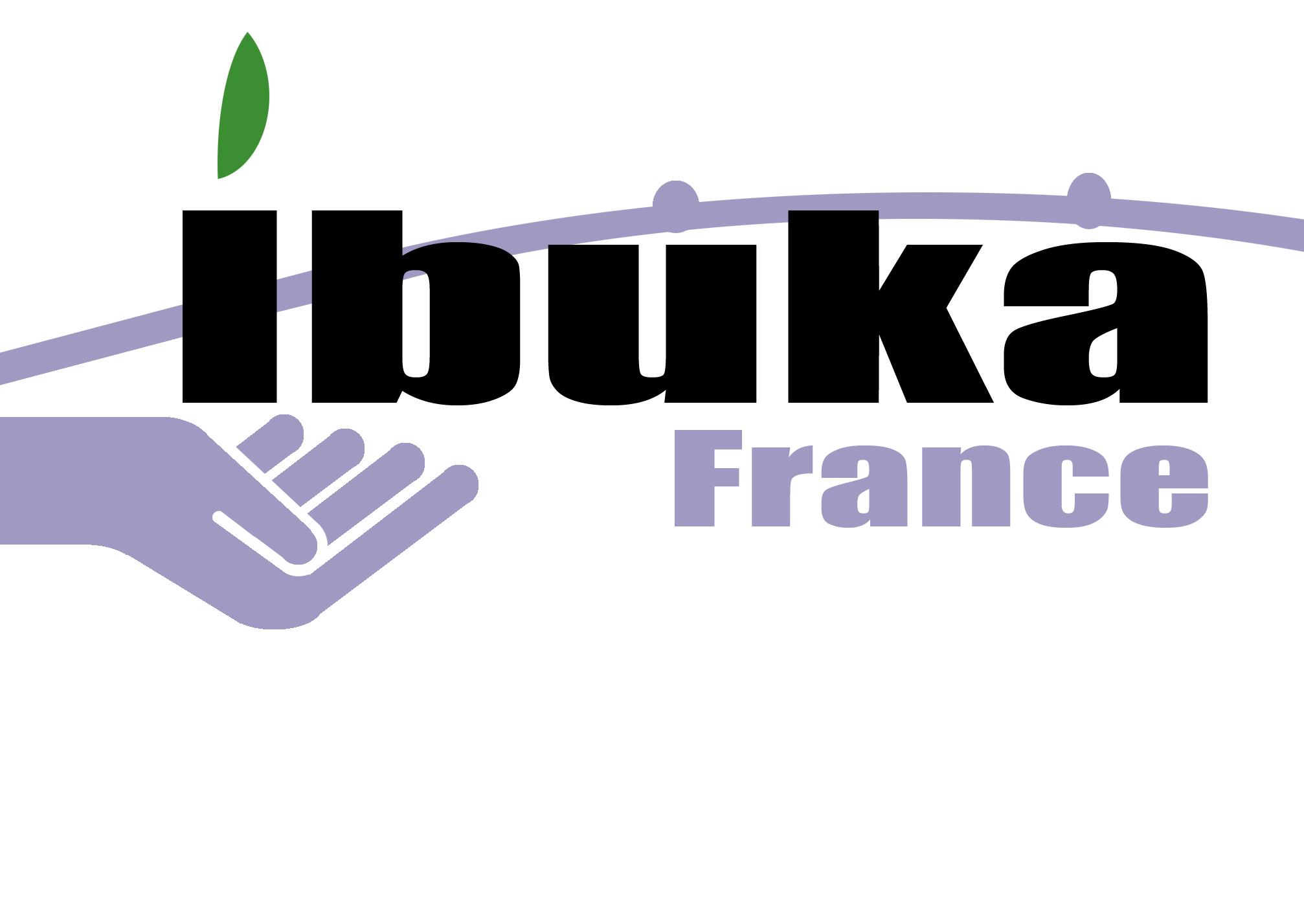The available archives on the genocide of the Tutsi in Rwanda: mapping and typology As part of the 22nd commemoration of the Tutsi genocide in Rwanda
Sunday, May 22, 2016 at 9:30am Wednesday, May 25, 2016 at 5:30pm

Photos of the victims of the genocide against the Tutsi exhibited at the Gisozi Memorial (Kigali) © DR
The construction of memory needs a certificate of facts. However, the authorising officer of the murders rarely writes and signs the plan and the orders. Everything is in the background of oral interviews and written allusions. With regard to the genocide of the Tutsi, this challenge is accentuated by the oral marker of culture. 22 years after the events, the creation of a fund gathering all the information related to this story is essential.
This dedicated day allows for an update on the access possibilities of public and private archives, a review of available sources (sounds, images, press articles, diplomatic cables, but also testimonies of survivors, religious, journalists, diplomats, humanitarians...) and tries to define the criteria that will allow for the construction of this documentary collection.
I – The testimony as evidence
9:30
Opening by Jacques Fredj, director of the Shoah Memorial
10 h
The role of the archive in the militant and historical fight: natures, statutes and contributions
Presidency: Marcel Kabanda, historian, president Ibuka France
Jean-Pierre Chrétien, historian, CNRS research director
Serge Klarsfeld, historian, FFDJF
Yves Ternon, historian, Paris 4 university
12 h
Collection and use of oral testimony. Media, therapies, filming
Presidency: Jeanne Allaire-Kayigirwa, lawyer, president Ibuka Rhône-Alpes.
Hélène Dumas, historian, CNRS, LAM
Emilienne Mukansoro, psychotherapist in Muhanga (Rwanda)
Freddy Mutanguha, director of the Kigali Memorial Center (KMC) in Gisozi (Rwanda)
FREE ENTRY UPON RESERVATION
II – International dimensions of archives
2:30 pm
What posterity for the judicial archives?
Presidency: Stéphane Audoin-Rouzeau, historian, director of studies, EHESS
Jean-Damascène Bizimana, executive secretary of the CNLG (National Commission for the Fight against Genocide)
François-Xavier Nsanzuwera, lawyer with the appeals chamber, office of the prosecutor of the ICTR
Ornella Rovetta, post-doctoral student MMC, Free University of Brussels
4:30 PM
Access and enhancement of public and private archives
Presidency: Jean-François Dupaquier, journalist, writer
Pierre Brana, co-rapporteur for the parliamentary information mission on Rwanda in 1998
Florent Geel, head of the Africa office of FIDH (International Federation of Human Rights Leagues), international NGO for the defense of human rights
Jean-Christophe Klotz, journalist, director
18 h
Conclusion
Assessment of sources and definition of appropriate criteria for the creation of a documentary collection on the genocide of the Tutsi
Rémi Korman, PhD student, historical research center (CRH)
Florent Piton, PhD student, CESSMA, University Paris 7 – Diderot
FREE ENTRY UPON RESERVATION


